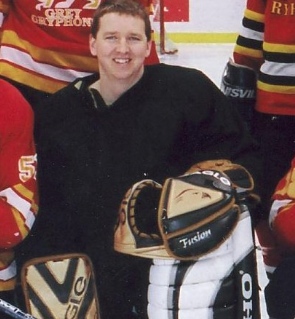British athletes are being told not to shake hands at the 2012 Olympics in London, a good idea considering that one-in-five hospitals – hospitals with sick people where everyone is supposed to religiously wash hands – in Australia suck at handwashing.
The Australian government on Tuesday released data on the MyHospitals website about how often  staff at 233 public hospitals clean their hands, against an interim benchmark of 70 per cent.
staff at 233 public hospitals clean their hands, against an interim benchmark of 70 per cent.
It is the first time such information has been made publicly available.
The figures show that about half of the country’s major public hospitals are above the benchmark, while just over 30 per cent were similar to the current standard.
Around 19 per cent were below the benchmark.
The data are based on audits of hand hygiene moments – when there is a perceived or actual risk of pathogen transmission from one surface to another via someone’s hands – in public hospitals between July and October last year.
Meanwhile, Dr Ian McCurdie, the British Olympic Association (BOA) chief medical officer, told the Daily Mail that a mild bug which can knock athletes off their stride could be picked up in the "quite stressful environment" of the Games.
When asked whether this means shaking hands should be off-limits, he said, “I think, within reason, yes.
“I think that is not such a bad thing to advise. The difficulty is when you have got some reception and you have got a line of about 20 people you have never met before who you have got to shake hands  with.
with.
‘Within reason if you do and have to shake hands with people, so long as you understand that regular handwashing and/or also using hand foam can help reduce the risk – that would be a good point.’”
The advice is part of a detailed package of health and resilience issues which the BOA has looked at ahead of the Games.

 I was often the goalie.
I was often the goalie.